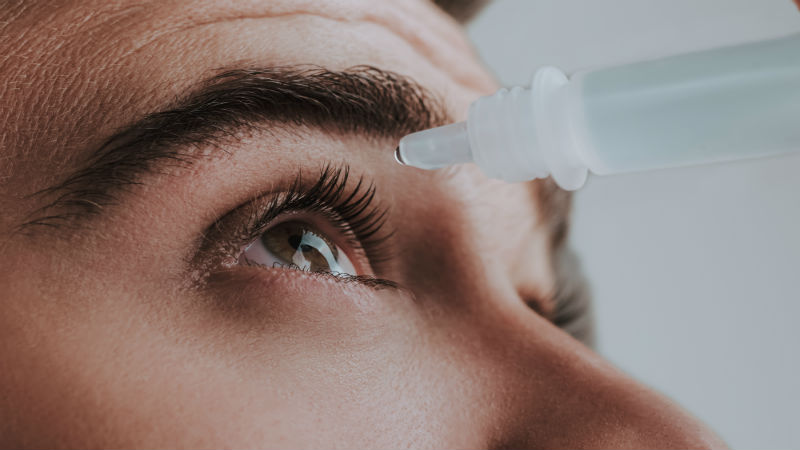Diabetes is a chronic disease that is characterized by increased levels of blood sugar (glucose). This is a chronic disease is one that cannot be cured, but with appropriate monitoring and treatment, the person with diabetes can prevent complications, and you can lead a normal life. It is estimated that diabetes affects more than 29,100,000 people in the United States, and over a third of sufferers are unaware of their condition. If you think you have diabetes, seek care from your local Urgent Care Services in NJ or visit Domain to learn more.
Glucose is a sugar that comes from the digestion of the food you eat; it circulates in the blood and is used by the body for energy. Diabetes is a disorder in the production or functioning of insulin, a hormone made by the pancreas, which functions as a key facilitating the passage of glucose from the blood to organs and tissues. There are several types of diabetes. People with type 1 diabetes produce no insulin so the body does not have the key that will open the door of sugars to tissues. It usually begins before age 30, and treatment requires that you follow a proper eating plan and get insulin injections.
How can you prevent diabetes?
* Increase consumption of fruits and vegetables.
* Avoid foods high in sodium (meats, sausages, dressings, snack products, cheeses, etc.
* Cook without adding salt. Replace parsley, basil, thyme, rosemary and other spices.
* Consume red or white meat (chicken or fish) no more than 5 times per week.
* Add at least 30 minutes of physical activity continuously or accumulated: using stairs, walking, dancing, etc.
* And most importantly, do not smoke. Even a few cigarettes a day is very harmful to the arteries, especially for people with diabetes.
Type 2 diabetes is the most common form. While this usually begins after age 40, the disease is seen increasingly frequent in young people. This type of diabetes is usually a result of being overweight, obese, with a poor diet and physical inactivity. While there is insulin production, it acts improperly. Consequently, glucose accumulates in the blood and organs. The blood sugar that increases above normal values is called hyperglycemia. Sustained and untreated hyperglycemia can lead to complications in various organs such as the eyes, kidneys, heart, arteries, and feet, among others. Visit website to learn more about My instadoc urgent care clinics of New Jersey.


